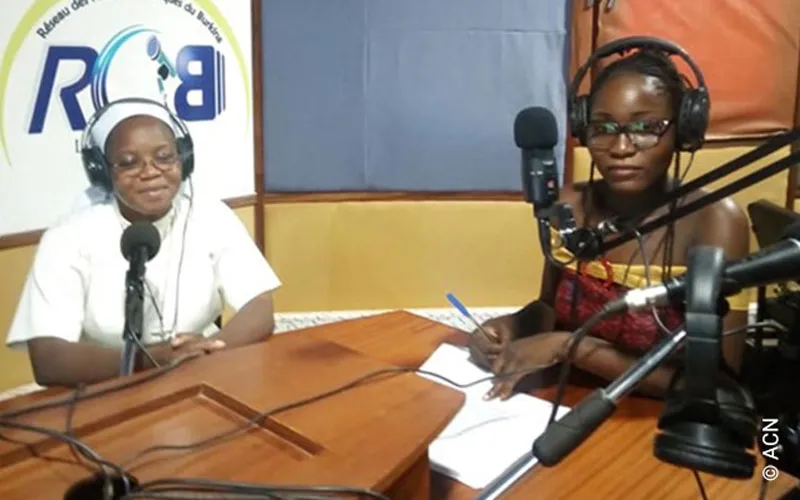The pandemic, ACN notes, could also be serving as an impetus for the pontifical organization to communicate more by mobile phones and video conferences, as more and more project partners have expressed a desire to contact the charity’s representatives through remote communication.
“Our experience shows, however, that such international meetings should ideally be limited to only 7 or 8 participants if we are to have a chance at fruitful discussion,” Ms. Lynch says.
In the long term then, ACN plans to always prioritize in-person communication and working practices, as much as it is reasonably possible, Ms. Lynch further says
“It must be kept in mind, however, that online tools can be a beneficial supplement and do provide a way of staying in touch, helping to keep a steadier or more frequent pace of information exchange, or serving to establish new contacts more easily. What must serve to guide us is the awareness that both ACN and its project partners belong to a Church in need,” she adds.
The international charity supports more than 5,000 projects per year to aid the persecuted and suffering Church in around 140 countries.
(Story continues below)
In the September 10 report, the leadership of the Catholic charity notes that the lockdown measures that were necessary to stop the spread of the pandemic unfortunately also caused a significant decrease in the regular pastoral activities of its project partners around the world.
“Compared with 2019, in 2020 we experienced a decrease of 20 percent in applications received for project support,” Ms. Lynch says, and adds, “At the same time, we also had to focus on specific project types that grew in urgency and required our full attention, such as supporting mass stipends, sending existential aid to Religious Sisters, and overseeing the upkeep of Seminarians.”
In addition to the plunge in applications for project support, the restrictions on air travel resulted in a complete standstill of project partner visits to ACN International’s headquarters in Königstein, Germany, from March last year to June of this year, the leadership of the Catholic charity reports.
ACN´s representatives were also thus unable to make their regular visits to international project partners around the world.
The foundation is optimistic that better days will come after the pandemic when it will tour various countries where it supports thousands of projects.
“The first thing to expect after the pandemic ends and a return to ‘normality’ ensues is an even greater zeal and appreciation for visiting project partners and meeting with them in person,” the leadership of the Pontifical charity says in the September 10 report.
Commenting about the plans of the organization should normalcy return, Ms. Lynch says, “It is lovely to come back to face-to-face encounters, because it is important for us to visit those places that are the furthest away from us even more frequently, to gain a true insight into their situation and be able to offer encouragement personally. Our project partners there really appreciate it when we do that.”
Agnes Aineah is a Kenyan journalist with a background in digital and newspaper reporting. She holds a Master of Arts in Digital Journalism from the Aga Khan University, Graduate School of Media and Communications and a Bachelor's Degree in Linguistics, Media and Communications from Kenya's Moi University. Agnes currently serves as a journalist for ACI Africa.








